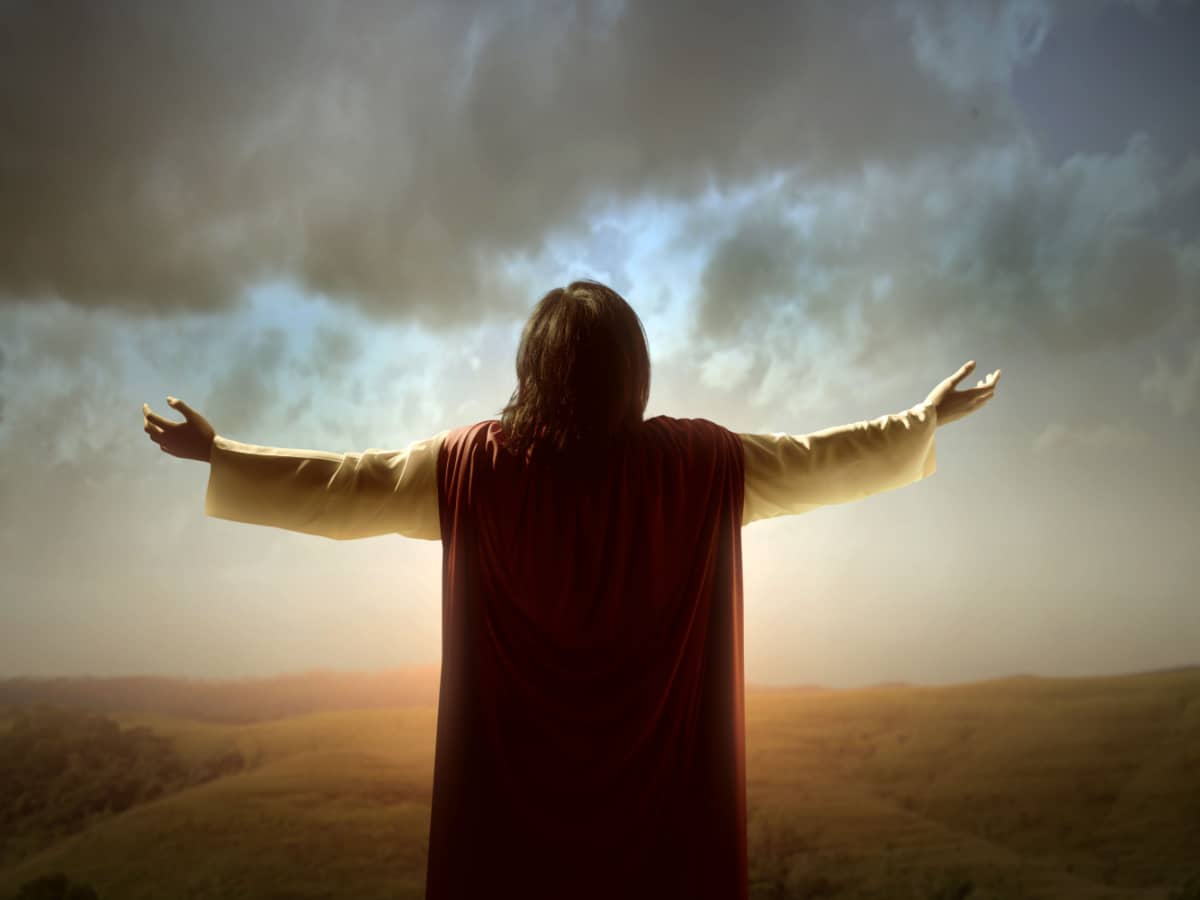Jesus' description is somewhat reminiscent of Jewish proverbial wisdom. Jesus ben Sira, the sage of the second century B.C.E., warns men not to look at a virgin, lest they stumble and incur penalties on her account (Sir 9:5; cf. 23:8; Pss. Sol. 16:7). We read in one of the minor tractates of the Babylonian Talmud, "Do not permit your ears to listen to idle chatter, because they are the first of the (body's) organs to be burned. Do not eye another's wealth, because it may cast you into heavy darkness and gloom . . . let not your feet hurry you to commit sin, lest the Angel of Death come to meet you" (Derek Eres Zuta 4, 6).
But Jesus' teaching that it is better to cut off hand or foot or to pluck out an eye to avoid causing offense is far more graphic than this proverbial wisdom. After all, the wise sayings just considered warn against allowing eyes, ears, and feet to get one into trouble. They say nothing about cutting them off or plucking them out. What then is Jesus' point and why does he make it by employing such disturbing imagery?
The context provides our first clue. Jesus has warned his followers of the dangers of causing the faithful to stumble, or--simply put--to lose their faith in Jesus' message and mission. Instead of causing someone to stumble, it would be better to tie a millstone around one's neck and throw oneself into the sea; better to cut off a hand, or a foot, or pluck out an eye, and so forth. The point that Jesus is making is that responding in faith to his message is so important, that every distraction and obstacle must be avoided. It is bad enough if one's pride or wealth stands in one's own way (as seen, for example, in Mark 10:23; Luke 16:19-31; 18:9-14), but if one places the stumbling blocks in the way of another, that is far more serious.
Jesus uses extreme hyperbole in other contexts to make the point that the stakes are very high. This is why he says, "No one can serve two masters; for either he will hate the one and love the other, or he will be devoted to the one and despise the other" (Matt 6:24). One's loyalty to God is so important and so absolute, that there can be loyalty to no one else. Jesus speaks of following him in the same way: "If any one comes to me and does not hate his own father and mother and wife and children and brothers and sisters, yes, and even his own life, he cannot be my disciple" (Luke 14:26).
The hyperbolic nature of these sayings is apparent, for elsewhere Jesus commands his followers to love their enemies (Matt 5:43-46). Accordingly, Jesus has not commanded his followers to hate their parents and family. On the contrary, in Mark 7 he castigates the Pharisees for neglecting their parents. Rather, Jesus' disciples are to love one another and to love their enemies. But their love for God and loyalty to Jesus should be so strong, he is saying, that their love for others should be like hatred by comparison.
Our question is answered by recalling Israel's intertestamental history, particularly the struggle to preserve faith and integrity in the face of Antiochus IV's vicious pogroms. After a humiliating setback at the hands of the emerging Roman power, the Syrian tyrant (ruled 175-164 B.C.E.) vented his rage against his Jewish subjects. In effect, he attempted to outlaw Judaism. Although some were willing to comply with the king's new law, many others were not.
In 2 Maccabees 6-7 the story is told of the martyrdom of the elderly scribe Eleazar and the Jewish mother and her seven sons. Though facing torture and death, Eleazar refuses to renounce his faith, even to pretend to do so, "lest many of the young should suppose that Eleazar in his 90th year has gone over to an alien religion, and through my pretense, for the sake of living a brief moment longer, they should be led astray because of me" (2 Macc 6:24-25; cf. 4 Macc 6:12-23). In other words, Eleazar refuses to set a poor example and so become a stumbling-block for the Jewish youth of his day.
In the vivid expansion of this story found in 4 Maccabees, Eleazar tells his tormentors, "I will not transgress the sacred oaths of my ancestors concerning the keeping of the Law, not even if you gouge out my eyes and burn my entrails" (4 Macc 5:30). So also in the case of the mother and her seven sons. Because they refuse to eat pork, they too face torture and death. The first son has his tongue cut out and his hands and feet cut off (2 Macc 7:4). His brother tells the tyrant Antiochus, "Gladly, for the sake of God, we let our bodily members be mutilated" (4 Macc 10:20).
These Maccabean martyrs became national heroes and symbols of commitment to the Jewish faith. By referring to hands and feet being cut off and eyes being plucked out, Jesus may well have intended to allude to these great heroes who suffered under Antiochus IV, rather than abandon their religion and so set a poor example for others.
Thus, Jesus' graphic descriptions are not only hyperbolic, they also call to mind the heroes of the faith, who by their devotion to the Law of God set an example for others to follow. They were willing to give up life and limb, rather than lapse into apostasy or lead others into apostasy. As far as Jesus was concerned, his followers could not be any less committed.

